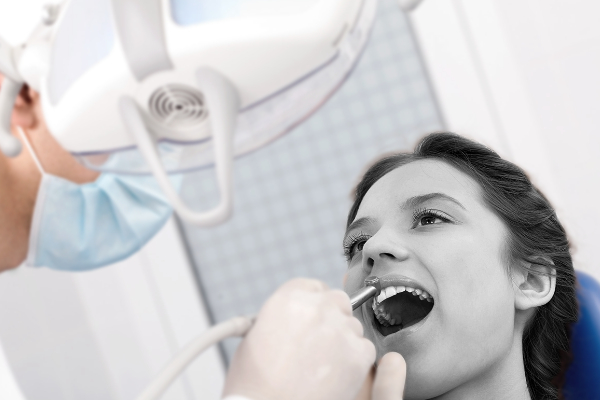Get Rid Of Gum Disease To Get A Healthy Mouth by A Dulwich Dentist


Gum disease, also known as gingivitis or periodontal disease, occurs due to build-up plaque (that contains bacteria) in your mouth. Some bacteria are harmless while others might be unsafe for healthy gums. If you fail to remove plaque from the teeth, it may lead to gum irritation. Gum disease is not always painful and as such, you might not know when suffering from it. If you are not able to prevent these oral conditions by yourself, an experienced dentist at a renowned dental clinic in Dulwich can help you out. Therefore, it is advisable that you go for routine checkups to a dentist and know the exact condition of your teeth and mouth for good oral hygiene.
Based from least to severe, the three stages of gum disease include:
Some signs and symptoms of gum disease are:
If you do not treat gingivitis on time, the bone and tissues supporting the teeth may get affected. This stage is called periodontitis or periodontal disease. Advanced symptoms may include:
Gum disease that is mild may be treated with proper oral hygiene. This may include brushing twice and flossing daily.
Your local dulwich dentist may carry out an oral examination to determine the exact condition of the gums. This involves placing a thin metal stick by bending it in one end near your teeth. He may perform several X-rays to know the condition of your jaw bone and teeth. He will clean your mouth thoroughly and remove plaque and tartar. He will also show how you can clean the teeth for preventing plaque built up in future.
In case you are suffering from severe gum disease, dental treatment will be required and you may even need to perform a surgery.
Though proper brushing and flossing can help stay away from gum disease, visiting your dentist on regular basis is important to keep your mouth and teeth clean and healthy. It will also help get rid of harmful plaque and thus, prevent gingivitis.
You should brush both the upper and lower teeth at an angle of 45 degree towards gum line with back and forth strokes gently. Hold the tip of your brush properly to reach each front tooth, both at the top and the bottom. Also, you should floss daily to remove small food particles between the teeth. Rinse properly and see a dentist at least twice a year to get cleaning done by the professionals.
So, what are the signs of gum disease? Well, they can sneak up anytime and if you find any change in the mouth, do not hesitate to consult a dentist at our Dulwich Dental Clinic. A dental check up will not only give you peace but also allow the dentist to know the early stage of gum disease.
